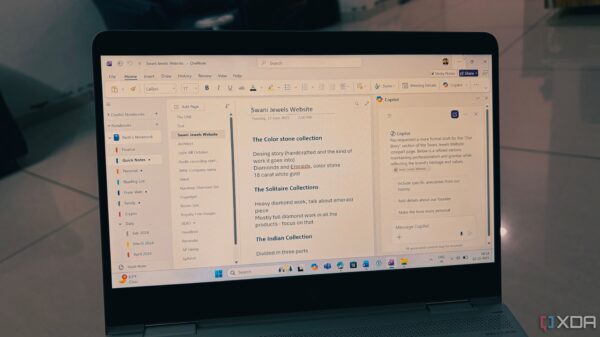A recent study conducted by researchers at the University of Milan has unveiled significant findings regarding the timing of oral exams and their impact on student success. The research highlights that Italian students have the highest passing rates for these interview-style assessments around noon, while the chances of success diminish in the morning and late afternoon.
The study focused on the oral examinations that are essential for students at Italian universities, where proficiency is evaluated through direct interviews. Researchers meticulously analyzed various factors that could influence exam results, including student preparation and subject matter, yet consistently found that timing played a crucial role.
Impact of Timing on Exam Performance
According to the data, students who took their oral exams around lunchtime had a notably higher probability of passing compared to those who were examined earlier in the day or later. This trend suggests that factors such as energy levels, alertness, and psychological readiness could be closely linked to the time of day when the exam is administered.
The research team measured passing rates and noted a peak at noon, with a sharp decline in performance observed during the early morning hours and again in the late afternoon. This finding may prompt universities to reconsider scheduling practices for oral exams to enhance student outcomes.
The implications of this study are significant, as they provide insight into how timing can affect academic performance. As universities strive to support their students, understanding these dynamics could lead to improved strategies for scheduling assessments and maximizing student success.
Broader Implications for Educational Practices
These findings are not only relevant to Italian universities but may also resonate with educational institutions worldwide. The study raises questions about how exam scheduling can influence student performance in various academic settings.
While this research has focused on oral exams in Italy, the principles could potentially be applied to other forms of assessment as well. Educators and administrators may find it beneficial to explore the timing of exams across different subjects and formats to identify patterns that could enhance student performance.
As universities adapt to evolving educational needs, understanding the nuanced factors that impact exam success is vital. This study contributes to a growing body of research aimed at optimizing the academic experience for students, ensuring that they are given the best possible opportunity to succeed.
In conclusion, the findings from the University of Milan offer a valuable perspective on the relationship between exam timing and student performance. By acknowledging the importance of scheduling, educational institutions can take proactive steps to foster a more supportive environment for their students.







































































